Listen up, digital renegades. It’s time to cut through the noise and take a hard look at the role of AI in marketing.
Every day, we’re bombarded with promises of AI as the ultimate marketing panacea:
- “Our AI will 10x your conversion rates!”
- “Let machine learning optimize your ad spend!”
- “Our neural networks will predict customer behavior!”
The allure is undeniable. Who wouldn’t want a tireless digital army working 24/7 to bring in leads and close deals? And what marketer wouldn’t want help creating the perfect experience for every individual who stumbles onto their website?
But here’s the reality: while AI has immense potential, it’s not a magic wand. It’s a powerful tool that when used strategically, can significantly enhance marketing efforts. Every tool now comes with embedded AI capabilities. The challenge is how to make sense of the noise, the claims, and the potential.
The Power and Pitfalls of AI in Marketing
Let’s break down where AI truly shines in marketing:
- Data Analysis and Insights: AI excels at processing massive amounts of data to uncover patterns and insights humans might miss. It can analyze customer behavior, predict trends, and offer actionable intelligence to inform strategy
- Personalization at Scale: With AI, we can deliver tailored experiences to individual customers across channels, improving engagement and conversion rates
- Content Creation and Optimization: AI tools can help generate content ideas, write drafts, and optimize existing content for SEO. However, human creativity and oversight remain crucial for producing truly compelling, original content
- Automated Task Execution: AI can handle repetitive tasks like email scheduling, social media posting, and basic customer inquiries, freeing up marketers to focus on strategy and creativity
- Predictive Analytics: AI can forecast customer behavior, helping us anticipate needs and tailor our approaches accordingly
Where Human Touch Remains Vital
Despite AI’s capabilities, there are areas where human expertise is irreplaceable:
- Strategy Development: While AI can provide data-driven insights, crafting an overarching marketing strategy still requires human creativity, intuition, and understanding of broader business goals
- Emotional Intelligence and Brand Voice: AI struggles with nuanced communication and maintaining a consistent, authentic brand voice. Marketers remain essential for creating emotional connections with audiences
- Ethical Considerations: As we integrate AI into our marketing efforts, human oversight is crucial to ensure responsible use of data and maintain brand integrity
- Creative Ideation: While AI can assist in content creation, breakthrough creative ideas still originate from human imagination and lateral thinking
- Relationship Building: Building genuine connections with customers, partners, and influencers remains a fundamentally human endeavor
The Path Forward: Human-AI Collaboration
The future of marketing lies not in AI replacement, but in human-AI collaboration. Here’s how to approach this partnership:
- Focus on Value, Not Just Metrics: Use AI to enhance the delivery of real value to customers, not just to game engagement metrics. This could be by leveraging chatbots to help facilitate engagement, better aligning content with roles and personalities, or prioritizing human contact, where appropriate. It’s all about the experience!
- Treat Customers as Humans, Not Data Points: Let AI handle data processing, but use human insight to interpret and act on that data in ways that resonate with real people. As above, even the most anti-social people appreciate when they are given real assistance and shown
- Augment Human Creativity: Use AI tools to streamline processes and generate ideas, but rely on human creativity to refine and execute truly innovative campaigns. The technology can help stimulate thinking and enable more efficient test-and-learn capabilities – but at least for now, humans understand human motivation better
- Prioritize Transparency: Be open about your use of AI in marketing efforts. Customers appreciate honesty and authenticity
- Invest in and Educate Your Team: As AI takes over routine tasks, invest in developing your team’s strategic, creative, and emotional intelligence skills. Ensure your entire team understands AI’s capabilities and limitations, fostering a culture of continuous learning and adaptation
- Develop an AI Roadmap: Create a strategic plan for integrating AI into your marketing efforts, focusing on high-impact use cases and solving real business problems. Most importantly, create a process for sharing successes – and failures – while encouraging experimentation. Unleashing individuals to try things out – within the guidelines and bounds established by your leadership – will pay dividends. Processes will evolve and improve, knowledge of your markets and customers will expand, and best practices will help your teams accelerate their success
The Bottom Line
AI is transforming marketing, but it’s not replacing human marketers. It’s augmenting capabilities, allowing us to work smarter and more efficiently. The most successful marketers will be those who learn to harness AI’s power while leveraging uniquely human skills.
Stay vigilant and stay human, digital dissidents.


Comments are closed